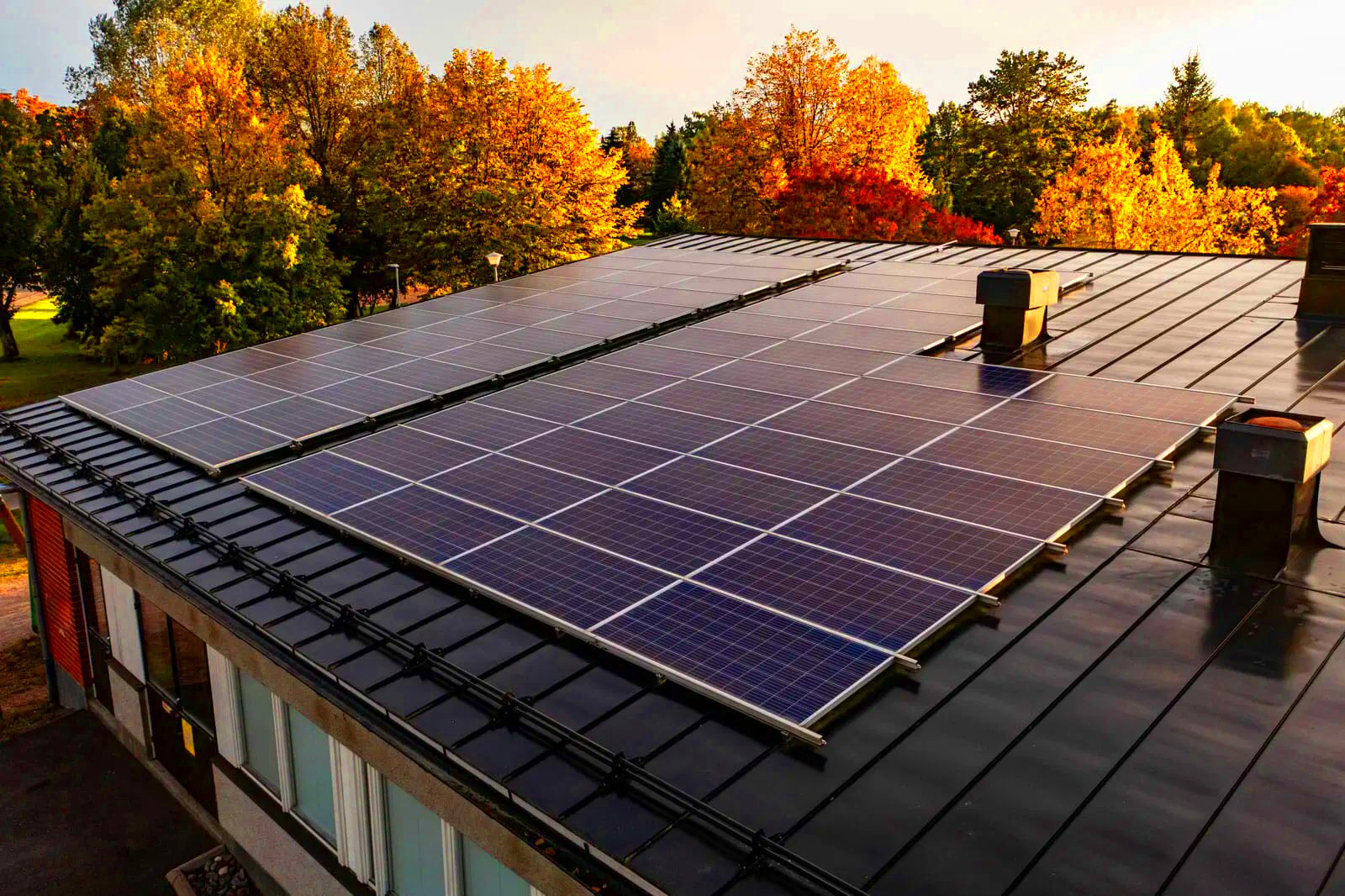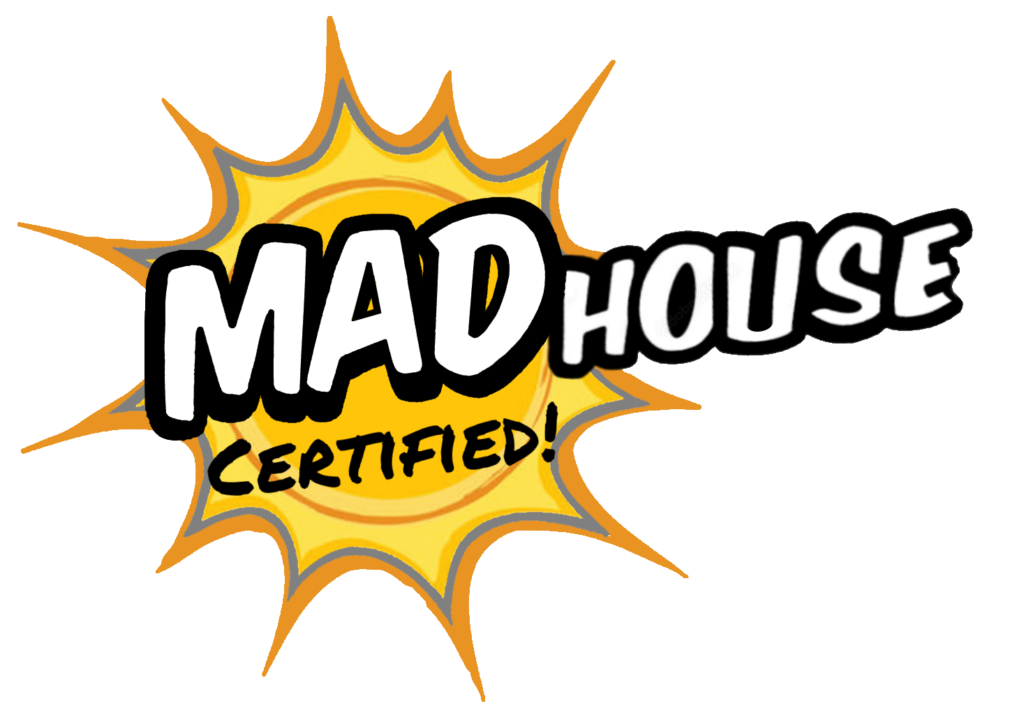We get plenty of questions and while we’ve tried to address the most common ones here, don’t hesitate to contact us for the information you’re looking for!
What is “solar potential”?
Solar potential refers to the qualities needed to generate electricity using solar technology. A home with high solar potentials will aim solar panels directly at the sun, be easy to install, be out of public view and have usable rooftop square footage.
How efficient are certified homes?
A MAD certified home can have double the generating capacity over other homes!
Will homeonwers actually use solar potentials?
Homeowners who enjoy using technology are embracing solar potentials, making MAD certified homes an easy sale if they’re marketed to tech savvy buyers. But even if a home’s solar potentials aren’t used, homeowners stand to profit on their solar potentials as their value will rise as the price of electricity rises.
How rare are homes with solar potentials?
In general, less than 20% of the homes in the suburban marketplace offer profitable solar potentials.
How profitable are they?
At today’s energy cost, an investment in solar technology can easily net 5% annually but as the price of electricity continues to climb, it could easily double. Few investments offer this upside potential combined with assured, increasing, tax free returns that will insulate homebuyers from rising cost and inflation.
Is generating electricity the only benefit of using solar technologies?
While it isn’t hard to put a dollar value on the electricity generated by harvesting solar potentials, carbon is quickly becoming valued too and offsetting it can only make sense going forward. And when the power goes out, sustainable energy security is worth everything!
Will a home’s solar potentials ever change?
As trees mature or if other structures are built in close proximity to MAD certified homes, it’s possible that the homes may become shaded enough to lose some of their certified solar potential. Based on this, we recommend having MAD certified homes re-certified every 10 years or so.
Where do we get our “numbers”?
We base our claims on easily verified information found fairly universally across the internet. Our biggest assumption is based on the published, average energy bill in the US for a 2000sq/ft home which is roughly $150 a month. We also use the commonly accepted life span of the average solar panel which is 25 years and the commonly published payback period that varies between 8 and 12 years at today’s energy prices. Any kind of shakeup in the price of electricity could lower this payback period substantially.
When will these profits start rolling in?
Solar tech will only become profitable once it’s paid off which, again, is in 8 to 12 years for an average home with Grade A solar potentials and panels with a 25 year expected life span.
Can’t you harvest sunshine from the roof of any home?
It’s true that you can fabricate mounting systems that will aim solar panels into the sun on any home, however, they’re heavy, expensive, take up space and aren’t nice to look at!
Why don’t we grade ground based systems?
While it’s true that you can build frames and install solar panels around the home instead of on it, ground based solar technologies are typically frowned upon by HOAs and they also take up valuable yard space, which isn’t practical for most homeowners. Beyond that, the cost associated with building ground based systems is cost prohibitive as compared to FMDA rooftop solar.
What is “energy security”?
The ability to efficiently produce enough electricity to be self-sustaining and independent of our electrical grid is known as energy security.
Do existing home’s have MAD certifiable solar potentials or are they limited to new housing developments?
Yes, solar potentials can be found in the existing home market but trees that have been growing for decades will often provide enough shade to bring solar potentials down substantially. While you can simply remove or trim the offending trees, tree work isn’t cheap and some municipalities may not allow it.
Do we sell or service Solar Panels?
No. Solar technology is changing too quickly for us to stay relevantly professional in the field of installing and servicing solar panels.
Do we consider tax incentives when certifying solar potentials?
While current solar profitability can be boosted by tax and rebate incentives, these incentives will change over time, making them an unreliable way to rate a home’s a long term solar potential. Any qualified solar tech supplier should know what the current local incentives are and understand how to apply for them.
Is there any on-going maintenance concerns in homes with solar potentials?
No, solar potentials are an investment you can make today and ignore tomorrow. Solar potentials simply “just are” and in general, they are randomly distributed throughout our neighborhoods.
As a home builder, can’t we just certify our own homes?
We can do it cheaper than you can and we also supply and independent opinion which lends credibility to our claims. Give your home buyers the additional comfort of knowing their home is in the MAD database and that the value of solar potentials are independently verifiable.
Do we offer real estate services beyond the solar potential certifications?
No, we don’t represent parties involved in the buying or selling of real estate and we’re only providing solar potential certifications.


